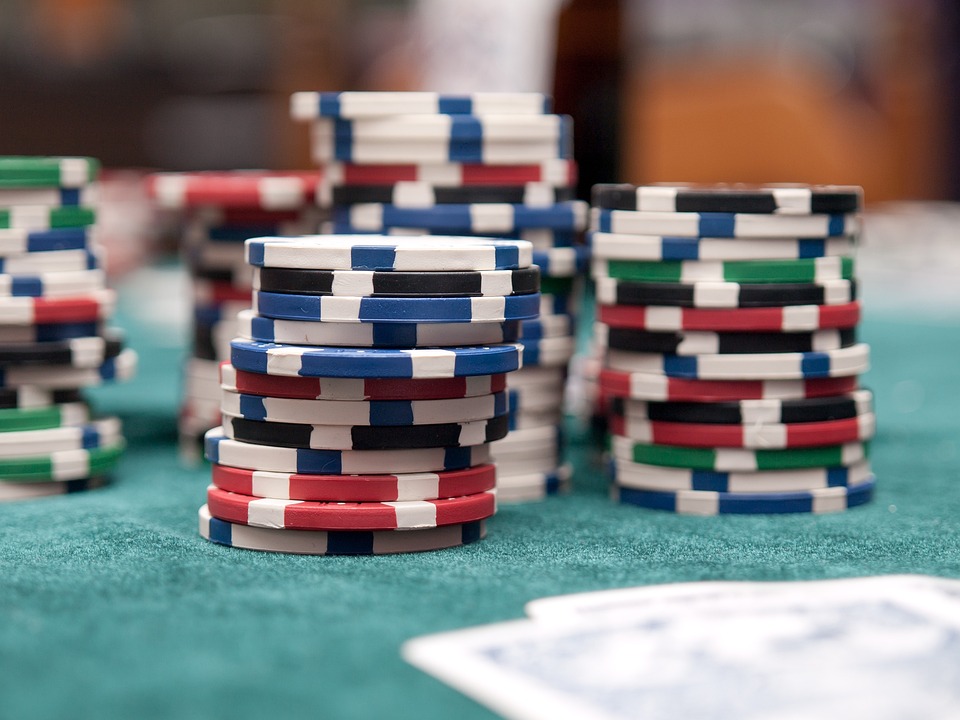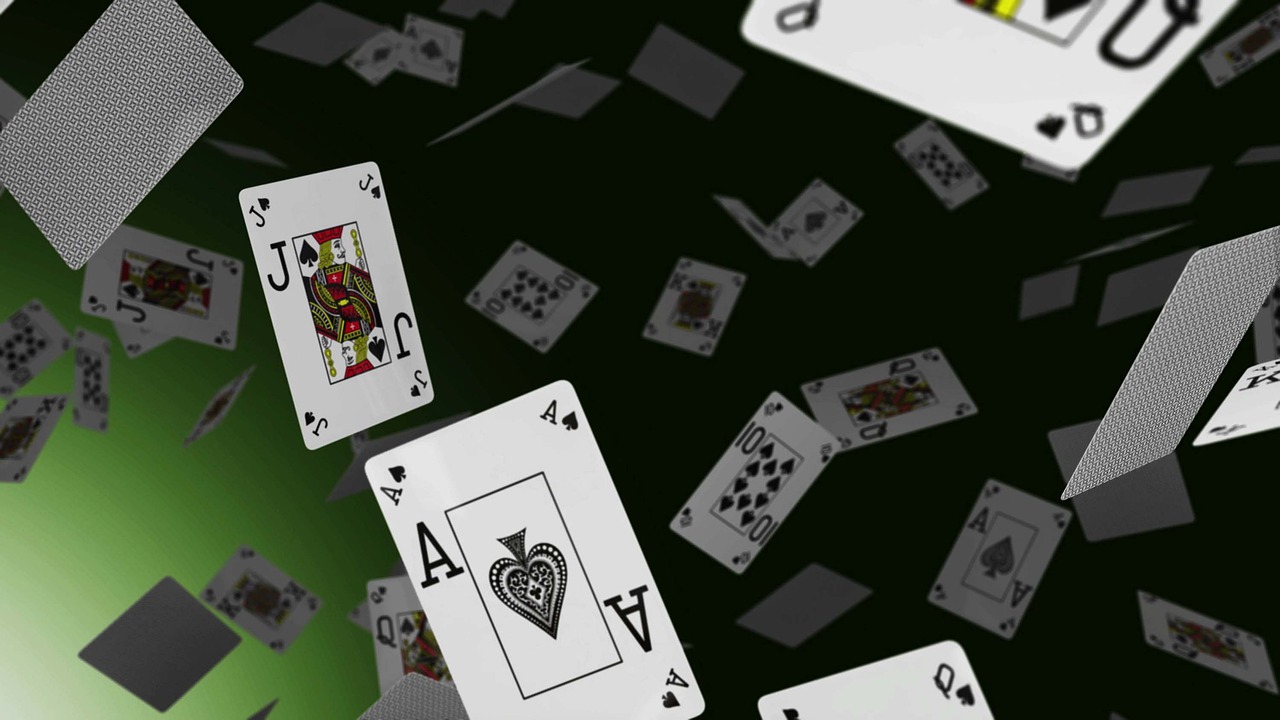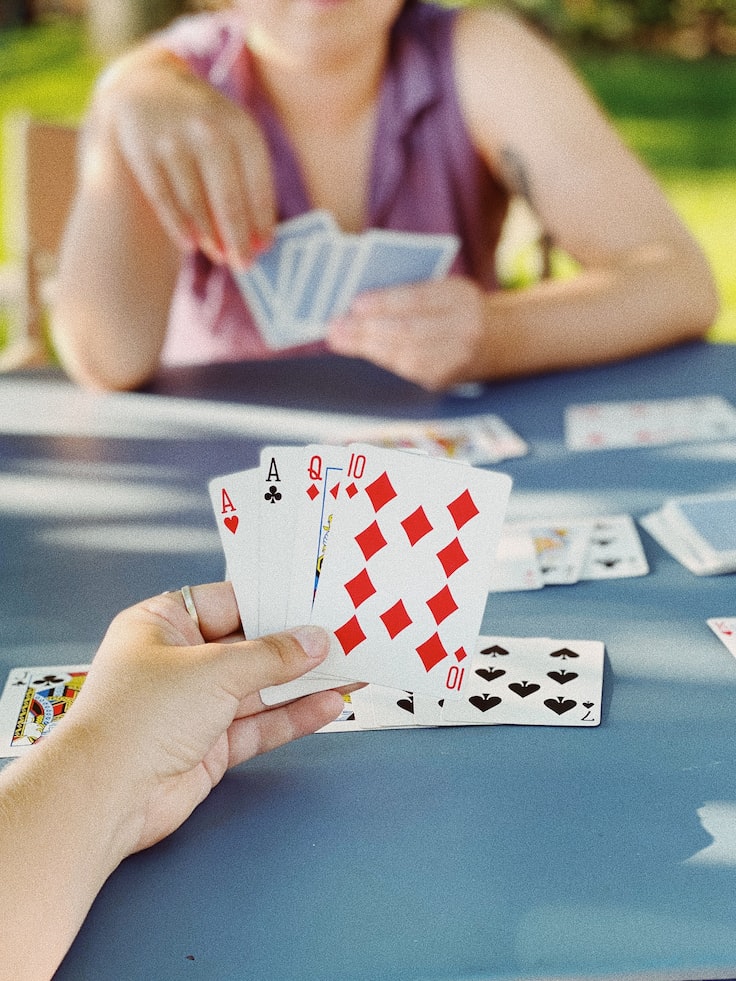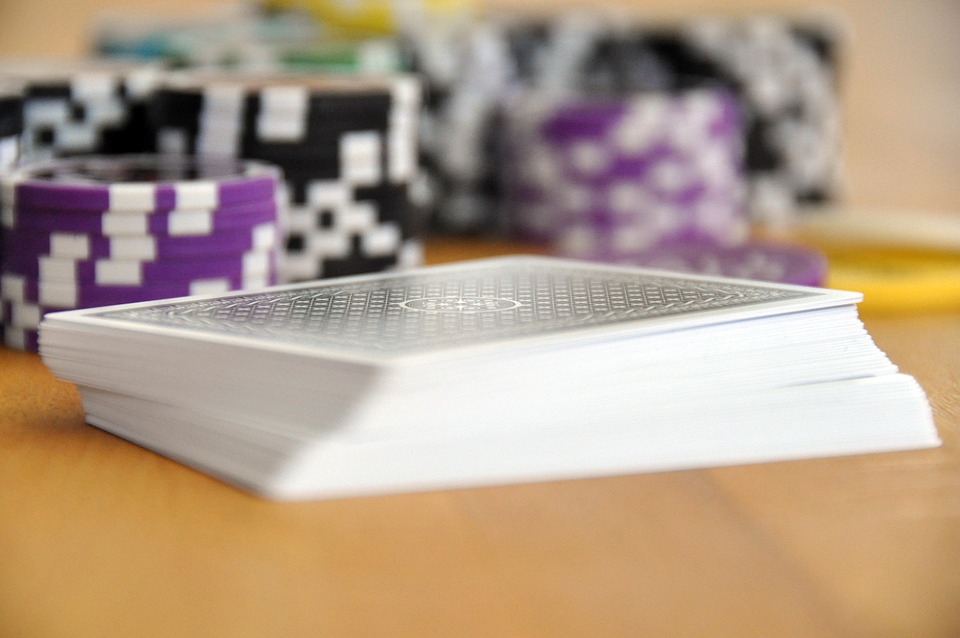Most people who play poker tournaments for the first time need to realize how vital some basic techniques are. This blog post will discuss the best poker techniques guaranteed to help every first-time tournament player. These tips will help you to improve your game and give you a better chance of succeeding. So, without further ado, let’s get started.
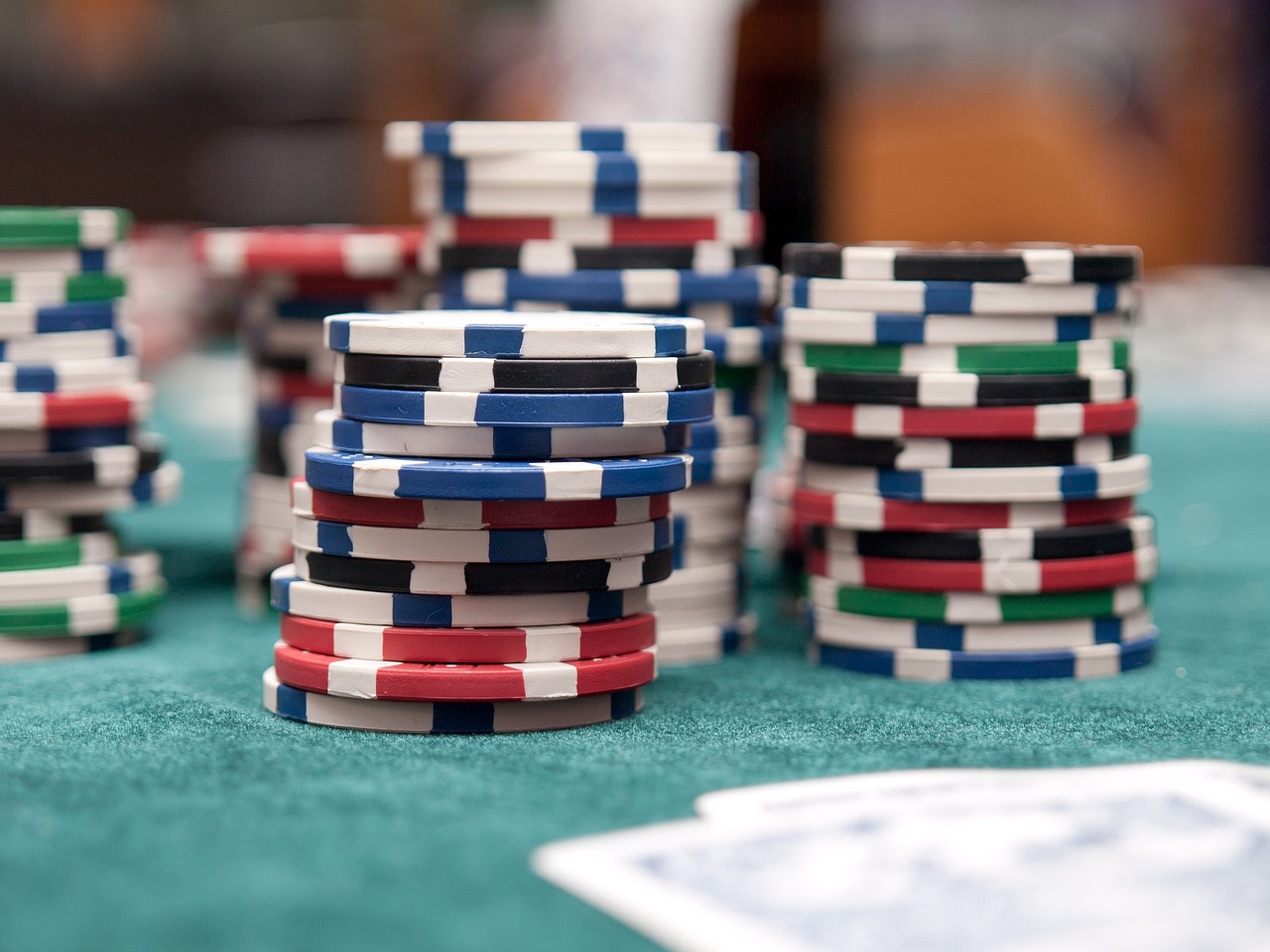
Playing tight in the early stages.
Playing tight in the early stages of a poker tournament is a crucial technique that every first-time player should master. This strategy involves understanding when you should choose to fold and when you should stay in the game, which can determine whether or not you’ll make it to the later rounds of a tournament.
By paying attention to the rising blinds and studying your opponents’ betting patterns, you’re less likely to find yourself making costly errors to build an early stack of poker chips. Additionally, first-time players need to remember that playing tight initially isn’t about being timid; instead, it’s about finding clever ways to conserve chips during long tournaments.
Being observant and patient without reacting rashly will eventually lead you toward becoming a successful tournament poker player.
Betting and raising for value.
Betting and raising for value is an essential poker technique for novice players. A successful strategy involves betting with sure hands to extract maximum value. For example, when a player has a strong hand, they should bet on the flop to get more money from weaker hands that could pay off on future streets.
Likewise, if a player is in position and holds an average made hand, they can consider raising as it allows them to build the pot while still having correct pot odds to call down future bets. This may also enable weaker opponents to bluff their way out of the hand if they don’t hit the final board.
Using these poker table techniques correctly and understanding how different aspects of the game affect betting decisions, all first-time tournament players will be set up for success as they hone their skills playing against opponents of varying skill levels.
Bluffing at the right times.
Bluffing, one of the most effective techniques for any tournament player, should be done at the right times. Bluffing involves deceiving opponents into believing you have a stronger hand than you do to win the pot. It should be used sparingly and only when players are convinced that it will give them an advantage; too much bluffing can knock other players out of the game but miss out on some obvious opportunities to make money.
When expert poker players know how to time their bluff well, they can increase their chances of taking down a large pot while simultaneously preventing their opponents from developing confidence in their hands. Knowing when and how to bluff dramatically impacts a player’s ability to win in tournaments, so mastering this technique is essential for new players looking to gain an edge over the competition.
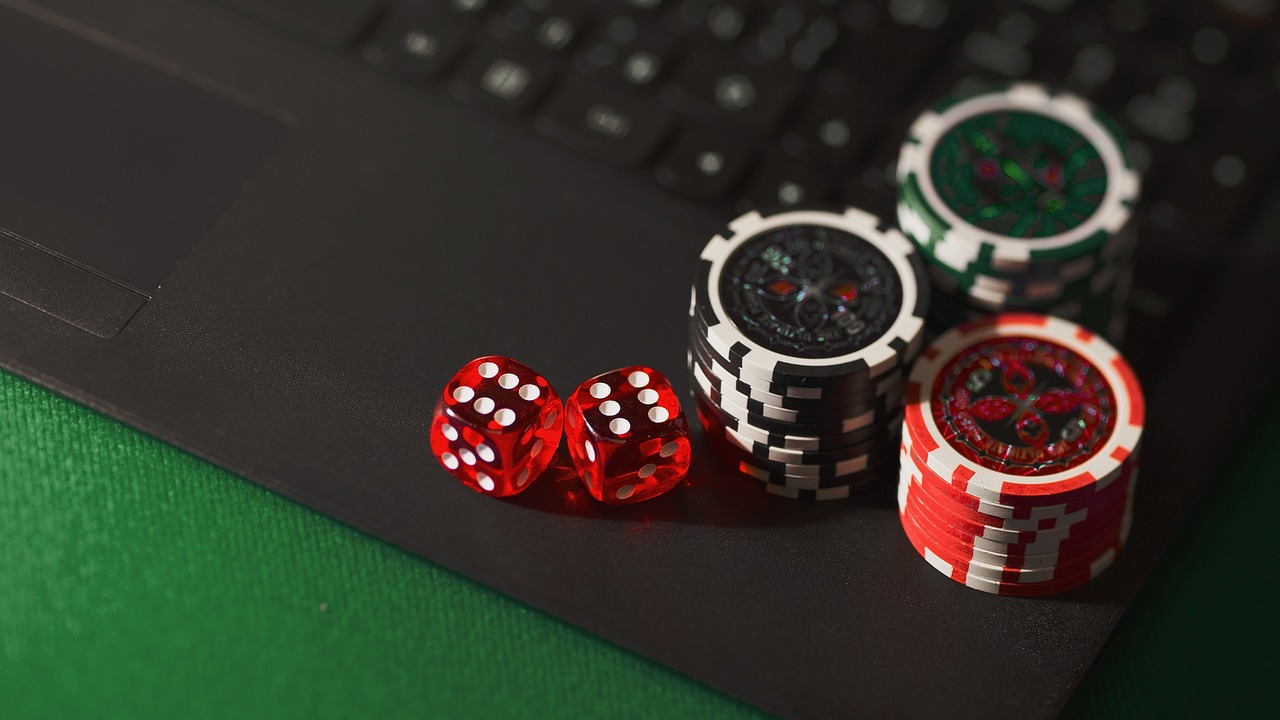
Reading your opponents.
One of the most critical techniques for poker tournament players is learning to read your opponents. This technique can give you an understanding of your opponent’s playing style and tendencies and reveal if they are bluffing or holding a strong hand. To properly read an opponent, it is essential to watch their betting patterns and observe their body language.
To gain insight into a player’s decisions in various spots, try jotting down notes after each hand and compare them across different table dynamics. Moreover, look out for betting behaviors that could disclose some information, such as when players are check-calling with weak hands versus when they are betting big with strong hands.
Even though reading opponents takes practice and patience, it pays off in the long run by allowing you to understand what types of hands your opponents may be playing in any given situation. Mastering this technique is one of the best ways for tournament poker players to stay ahead of the competition.
Managing your emotions.
Managing your emotions is one of the most important and underrated techniques in improving poker performance. Keeping a level head during the game, no matter how the cards are falling or what other players are doing, is key to playing at peak performance.
Even if you’re holding terrible starting cards, keep yourself in check since panic and hype won’t help you make informed decisions. Likewise, it’s easy to become too overconfident from too many strong hands in a row. But remember that naive confidence can quickly dissolve into frustration and remove your focus from the current state of the game and strategy. Becoming aware of one’s emotions is essential for consistently taking home a win in all poker online tournaments.
Practicing regularly.
Poker players who confidently say they practice regularly have the edge over the competition. Playing at least several hours a week and analyzing each hand will help to refine skills, sharpen strategies, and improve odds of success. Tournament players need to focus on their basic playing strategy as well as the strategies of their opponents.
This allows players to react immediately to the different scenarios that poker can present in tournaments so that they can emerge victorious. When you believe you have played your best game without distractions, you must study yourself critically for mistakes or poor decisions.
A poker player’s overall understanding of the game will be enhanced through regular practice by playing free poker and careful self-analysis after every session.
If you want to play online poker and prepare your game, try these six techniques the next time you hit the felt. They might just help you come out on top as a tournament champion. While there is no surefire way to win at poker, following these tips will help you increase your chances of coming out on top.


